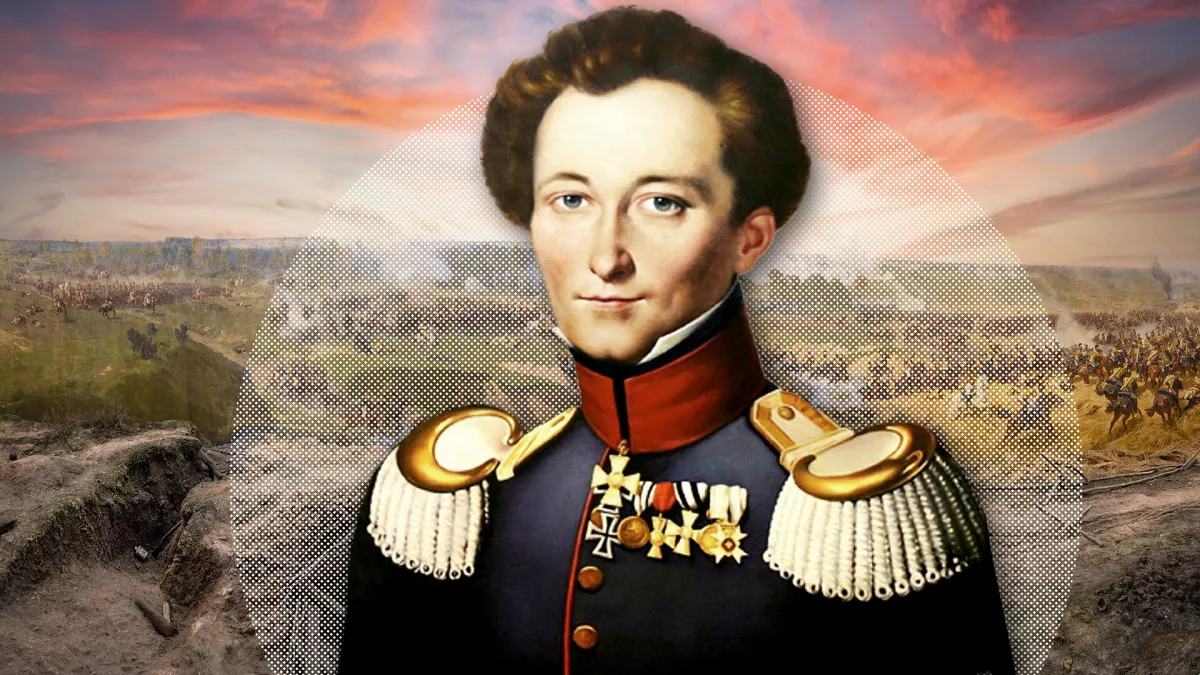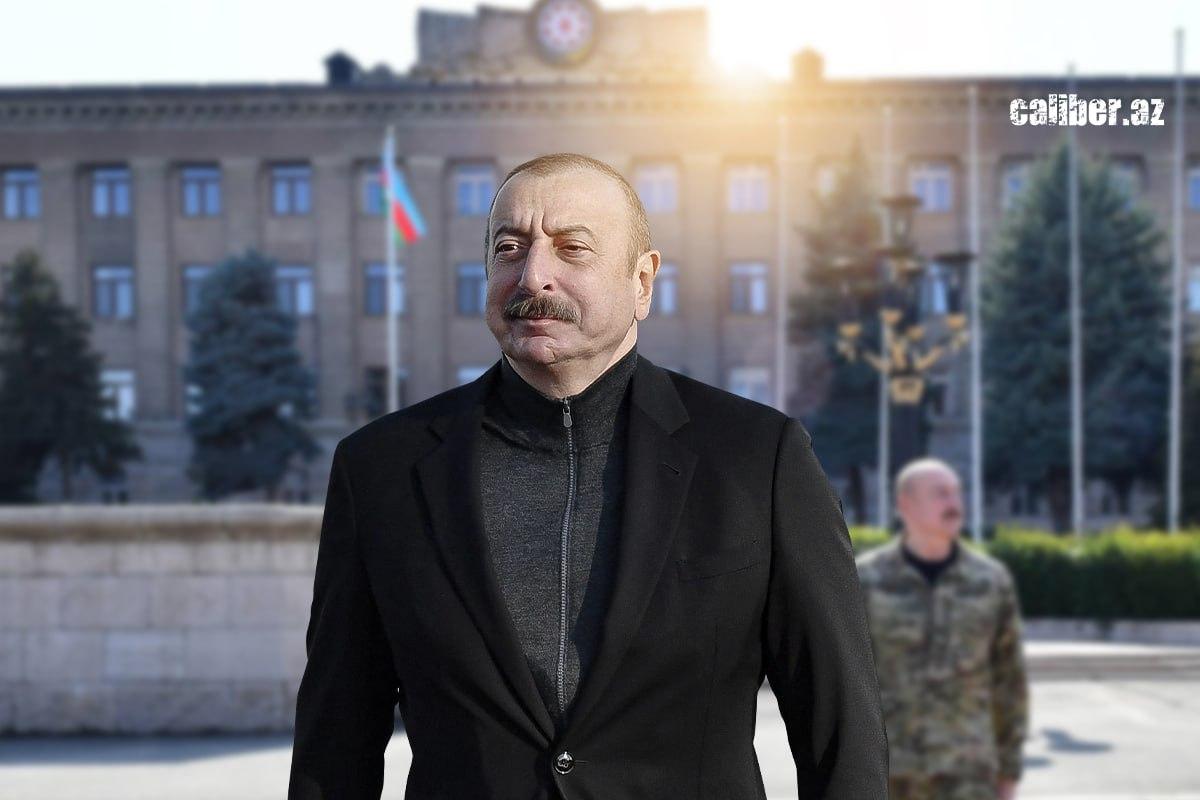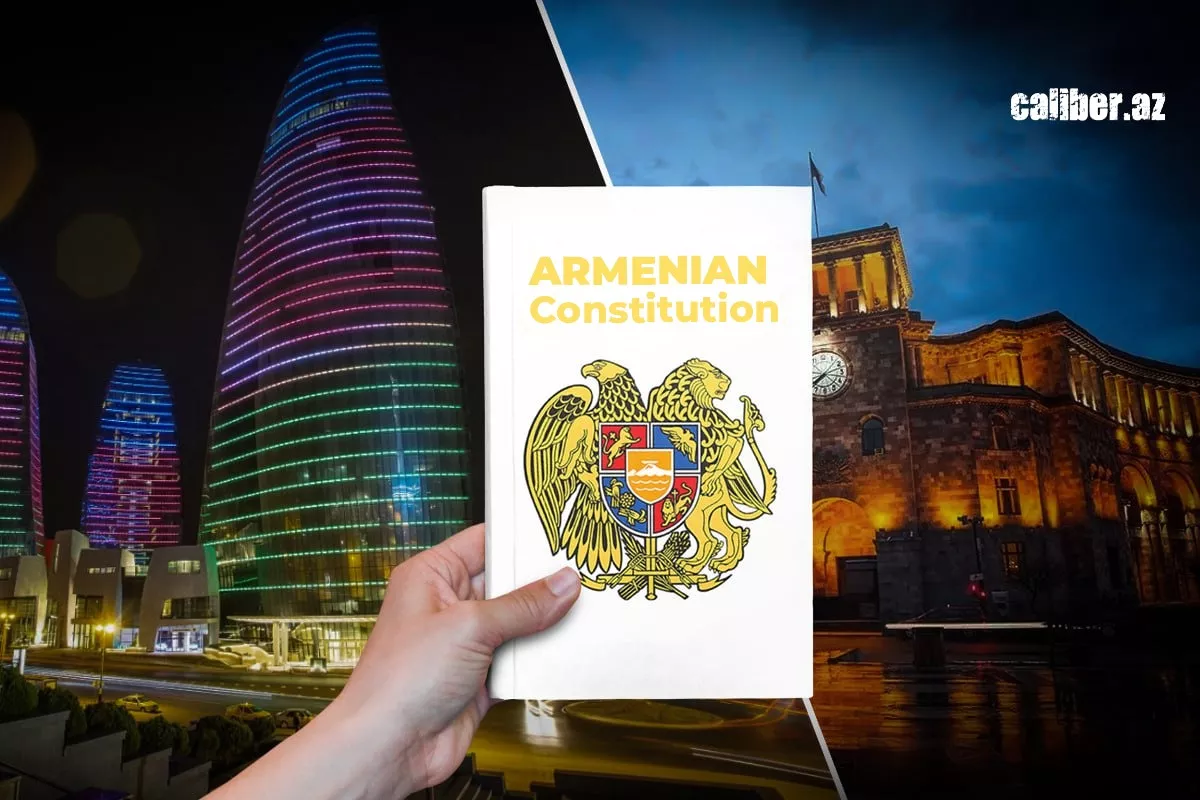Geopolitics by the rules of reality Navigating the world with power and strategy
Perhaps one of the most popular and quoted phrases in the world since Donald Trump’s return to the Oval Office has been the expression "Peace through strength." At the same time, a number of politicians and analysts have been convincing others that Trump has, in fact, fundamentally altered the global landscape.
But the question arises: hasn't strength, throughout centuries of geopolitical struggles, determined the victors and the vanquished? And isn't this the very essence of the famous fable, which asserts that "the strong always blame the powerless"?
The real issue is what goals the strong pursue, as these goals can vary considerably. Though they do vary, in all cases the primary objective of applying strength is to achieve the set plans. As the esteemed military theorist and historian of the 19th century, Carl von Clausewitz, stated, "physical violence is a means, and the goal is to impose our will on the enemy; [for this] we must disarm the enemy, depriving them of the ability to resist."

In other words, the specific geopolitical objectives often determine the format of the use of force. For some, this factor may be nothing more than the implementation of political and economic ambitions. Others may prioritize selfish goals or a desire for revenge. However, against this backdrop, one point clearly stands out: the use of force is often driven by the intent to restore historical justice.
As President of Azerbaijan Ilham Aliyev remarked in the context of the Second Karabakh War, "Our fight was a fight for justice, for international law, for our dignity. We implemented the UN Security Council resolutions, which remained on paper for 27 years and would have remained for 27 years more, if we did not liberate our land by force." As the president explained, "sometimes you have to use force to achieve peace and to restore justice." But, as President Ilham Aliyev specified, Azerbaijan's full restoration of its territorial integrity and sovereignty was not only a manifestation of the strong will of the Azerbaijani people, but also a demonstration of international justice.

The nuance here, however, lies in the fact that addressing issues of historical justice on the battlefield, so to speak, is not only possible due to the presence of a capable military and significant economic potential. In this scenario, both an ideological foundation and diplomatic skill must be present. But even then, achieving the goal may be unattainable if the state pursuing the just cause is unable to maneuver within the global geopolitical landscape using its own grandmaster moves. It is within this context that the restoration of historical justice must take place.
Of course, in light of this, someone might recall the saying often attributed to ancient Greece, which roughly goes: "Truth is not in power, but power is in truth." However, this truth (historical justice) is achieved through power.
Of course, strength is not always the same thing. The very concept of "strength" can be interpreted in various ways. A case in point can be drawn from the participants of the Yerevan march, labeled as a "dedication" to the so-called "Armenian genocide," who held burning torches, Armenian flags, and a rather outdated rag once called a "flag" of a puppet operetta-like entity, swept away by the brave Azerbaijani army. During the procession, these so-called democrats burned the flags of Türkiye and Azerbaijan. The question arises: did they consider this an expression of their strength? Just as they view the presence of Mount Ararat on their country's coat of arms—located within Turkish territory—as a symbol of strength? Do they also regard the territorial claims against Azerbaijan in their constitution as a form of "Armenian strength"? Of course, if for our geographical neighbors, shelling peaceful Azerbaijani cities is viewed as an act of heroism, surely burning the flags of Azerbaijan and Türkiye is also seen by them as a display of strength.

In the context of the discussion, another aspect emerges. Often, certain states suddenly present themselves as guarantors of security for another country. Or rather, they declare themselves as such, pushing that country toward military-political ventures and promising unconditional material and military assistance "as much as needed." Then, the guarantors gradually retreat.
Thus, as we repeat, when discussing the pursuit of historical justice, it can be framed in such a way that the state fighting for truth must rely on its own strength, both in military matters and in the political-economic sphere. This is because those making promises are only concerned with dictating to another country what policies it should pursue and in what format. In this regard, President of Azerbaijan Ilham Aliyev emphasized: "We have proven to the whole world that no-one can influence our determination," because "justice is on our side, international law is on our side, we are not afraid of anyone and we have shown it both on the battlefield and on the political plane."
To conclude this material, I would like to quote the words of Pope Francis, who departed from this world just a few days ago. In his final Easter message to the faithful, which he was unable to deliver himself due to illness, Pope Francis emphasized: "Love has conquered hatred. Light has conquered darkness. Truth has conquered lies." In other words, historical justice can and must be restored. The difference lies in the fact that this must take place within the framework of meticulous and precise steps taken by the interested state. This is what Azerbaijan's example has proven.








